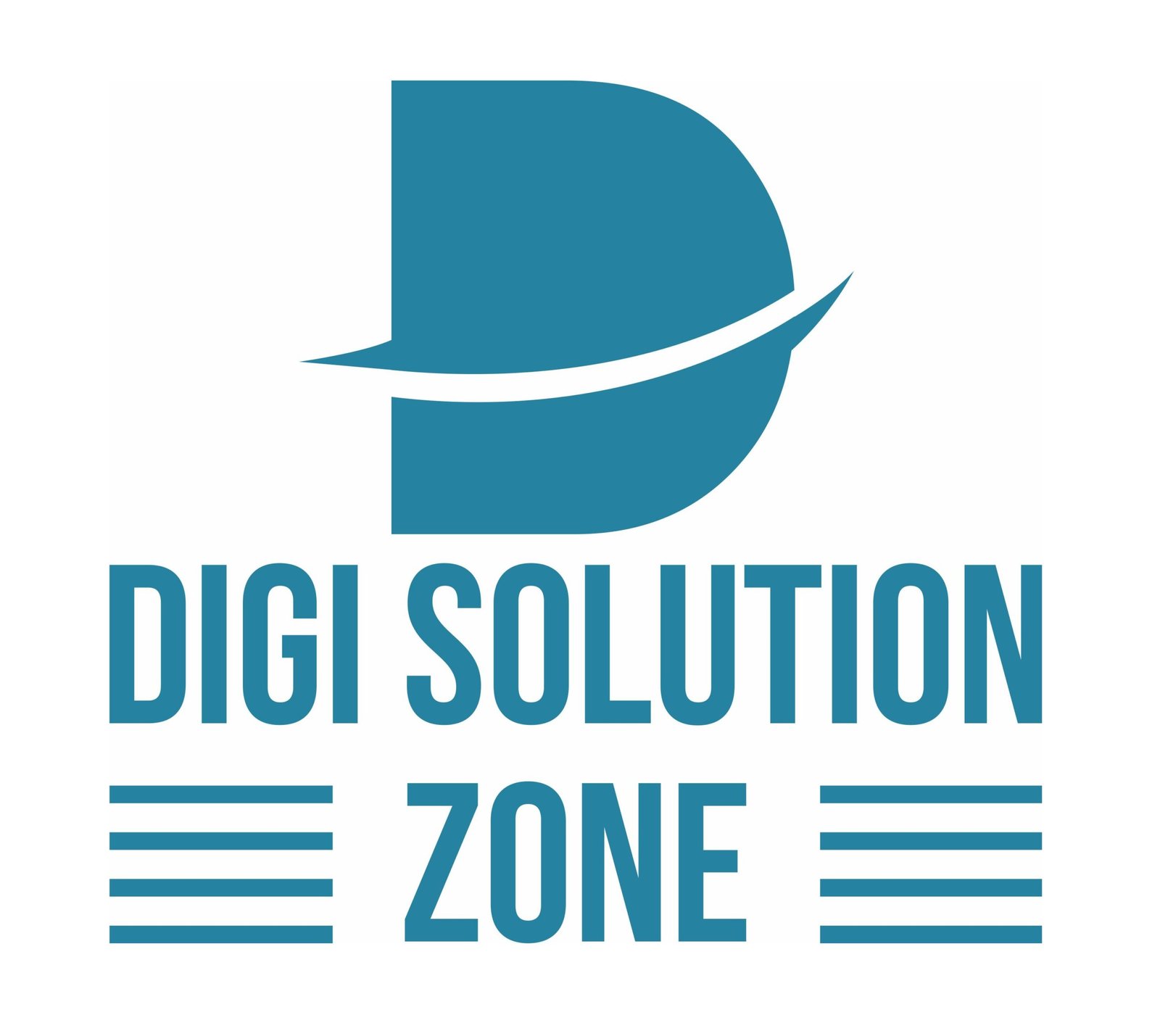In today’s complex healthcare landscape, understanding medical billing and insurance can feel like navigating a labyrinth. From deciphering coverage policies to grappling with denied claims, the journey towards receiving adequate healthcare can be fraught with challenges. However, by familiarizing yourself with common pitfalls, you can empower yourself to navigate the system more effectively. Let’s delve into some key areas where mistakes often occur and how to avoid them.
Misunderstanding Insurance Coverage:
- One of the most prevalent mistakes is misunderstanding what your insurance policy covers. Many individuals assume that all medical expenses will be fully covered, only to be blindsided by unexpected bills later. Take the time to carefully review your insurance policy, paying close attention to deductibles, copayments, and coverage limits. Understanding these details upfront can prevent surprises down the line.
Failure to Verify Providers and Services:
- Before seeking medical treatment, it’s essential to verify that your healthcare provider is in-network with your insurance plan. Visiting an out-of-network provider can result in significantly higher out-of-pocket costs or even denial of coverage altogether. Additionally, confirm that the services or procedures you’re receiving are covered by your insurance policy to avoid unexpected expenses.
Incomplete or Inaccurate Information on Claims:
- When submitting a claim to your insurance company, accuracy is paramount. Even minor errors such as misspelled names or incorrect birthdates can lead to claim denials. Double-check all information before submitting a claim to ensure its accuracy and completeness. This simple step can prevent unnecessary delays and denials in processing.
Ignoring Explanation of Benefits (EOB):
- An Explanation of Benefits (EOB) is a statement sent by your insurance company detailing how they processed a claim from your healthcare provider. It’s crucial to review these documents carefully to ensure that the services billed align with those you received. If you notice any discrepancies or unexpected charges, follow up with your insurance company promptly to address them.
Lack of Prior Authorization:
- Certain medical procedures or treatments may require prior authorization from your insurance company before they will cover the cost. Failure to obtain this authorization can result in claim denials and financial responsibility falling on you. Always confirm with your insurer whether prior authorization is necessary for any planned medical services to avoid potential coverage issues.
Appealing Denied Claims:
- In the event that your insurance company denies a claim, don’t simply accept the decision without question. Many denials are due to administrative errors or misunderstandings and can be successfully appealed. Familiarize yourself with the appeals process outlined in your insurance policy and be prepared to provide any necessary documentation or additional information to support your case.
Not Seeking Assistance When Needed:
- Navigating medical billing and insurance can be overwhelming, especially when faced with denials or disputes. Don’t hesitate to seek assistance from healthcare providers’ billing departments or insurance company representatives if you encounter challenges. They can often provide valuable guidance and advocacy to help resolve issues and ensure you receive the coverage you’re entitled to.
By avoiding these common mistakes and taking a proactive approach to understanding your insurance coverage and navigating the medical billing process, you can minimize financial stress and focus on prioritizing your health insurance deny coverage and well-being. Remember, knowledge is power, and arming yourself with information is the first step towards successfully navigating the intricacies of healthcare financing.




